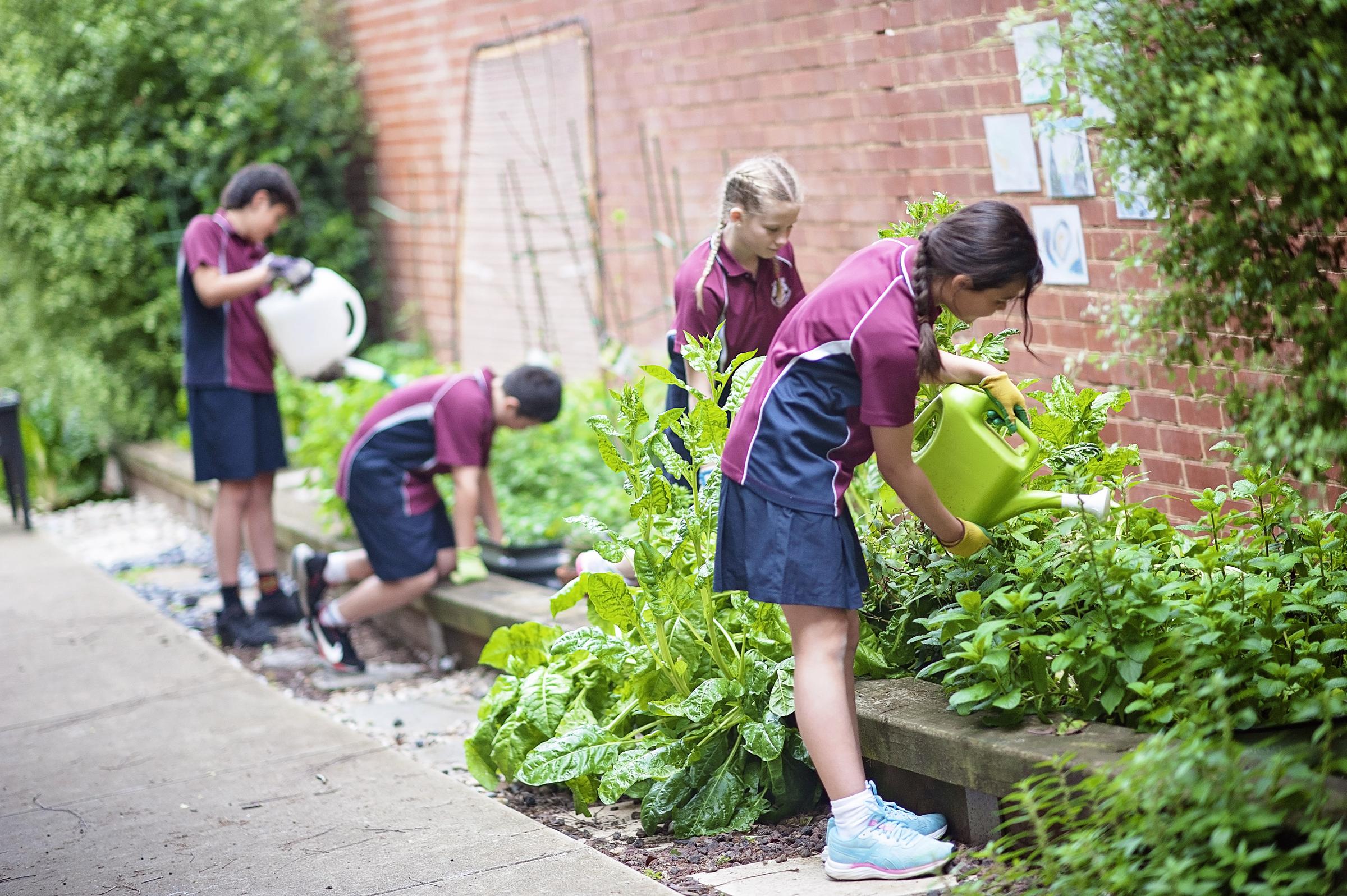Wellbeing

Galilee's Wellbeing Toolkit
Galilee’s Wellbeing Toolbox
At Galilee, we understand the importance of nurturing healthy friendships among our students. However, we also acknowledge that conflicts between friends are an inevitable part of growing up. When your child approaches you with news of a dispute with a friend, it can be challenging to know the best way to respond. Our first normal and natural reaction is often to solve their problems for them. However, if we begin to see these moments as an opportunity, our children can then begin to develop the necessary skills they need to navigate the inevitable conflict they will face at different times in their lives.
Here are some suggestions to help guide you through these conversations and support your child in navigating these tricky situations:
- Listen attentively: Create a safe and supportive space for your child to express their feelings. Encourage them to share their perspective on what happened without interrupting or judging.
- Validate their emotions: Let your child know that it's okay to feel upset, angry, or hurt about what happened. Validate their emotions by acknowledging their feelings and reassuring them that it's normal to experience conflicts with friends sometimes.
- Ask open-ended questions: Prompt your child to reflect on the situation by asking open-ended questions like, "Can you tell me more about what happened?" or "How did that make you feel?" This can help them process their emotions and gain insight into the conflict.
- Empathise with their experience: Show empathy towards your child by expressing understanding and compassion for what they're going through. Reassure them that you're there to support them and help them find a resolution.
- Explore problem-solving strategies together: Encourage your child to brainstorm possible solutions to the conflict. Guide them in thinking about how they can communicate their feelings assertively and work towards resolving the issue peacefully.
- Teach conflict resolution skills: Take this opportunity to teach your child valuable conflict resolution skills, such as active listening, compromise, and seeking help from a trusted adult when needed. Emphasise the importance of respecting others' perspectives and finding mutually beneficial solutions.
- Encourage empathy and kindness: Remind your child of the importance of treating others with kindness and empathy, even in the midst of disagreements. Encourage them to consider how their actions may have impacted their friend and how they can repair the relationship moving forward.
- Follow up and monitor the situation: Check in with your child regularly to see how they're feeling and how the situation is progressing. Offer ongoing support and guidance as they navigate the resolution process.
Remember, conflicts with friends provide valuable learning opportunities for children to develop social skills, empathy, and resilience. By providing them with the support and guidance they need, we can help them navigate these challenges and strengthen their friendships in the process.
If you need further support to support your child with friendship struggles, your child’s classroom teacher or the Wellbeing Leaders are on hand to assist in any way we can.
Julie Ferguson & Paddy Edwards
Wellbeing Leaders
NCCD
The Nationally Consistent Collection of Data on School Students with Disability (NCCD) takes place every year in August.
The NCCD is a collection that counts:
- the number of school students receiving an adjustment or ‘help’ due to disability
- the level of adjustment they are receiving to access education on the same basis as other students.
Students are counted in the NCCD if they receive ongoing adjustments at school due to disability. This ‘help’ allows them to access education on the same basis as a child without disability. The NCCD uses the definition of disability in the Disability Discrimination Act 1992.
Please see the attached PDF for more information about the NCCD.
